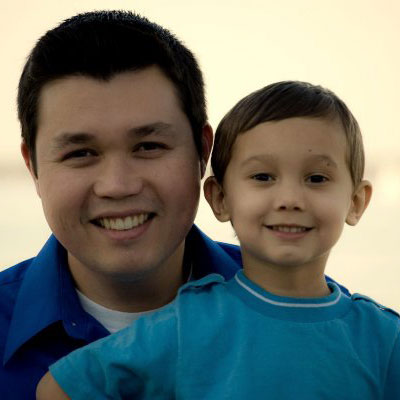The Danger of Defensiveness
Posted by Jonathan WilliamsSep 22
Defensive driving is good. Defense on the football field is also good. But, defensiveness in our interactions with others can be dangerous. In the same way that a picnic draws ants, defensiveness allows problems to enter into the communication process, ruining the picnic.
Defensiveness at its root is our attempt to protect ourselves from feeling badly. It has been something we’ve used to help us cope since our childhood. Consciously or subconsciously, we don’t want to feel like a failure, a loser, a problem, a burden, a liar, a mean person … and the list goes on. Defensiveness is the mechanism of human nature where we say or do things that temporarily shield us from feelings or anxiety that we don’t want to experience. The problem of course is that this only works temporarily and has unhelpful, relational side effects.
Now, we can easily spot defensiveness in others, and we know how annoying, impeding, and unproductive it can be. But, since it’s harder to spot within ourselves, here’s a short list of markers that can alert us to defensiveness in our own lives:
- Sarcasm
- Rigidity
- Blaming
- Shaming
- Catastrophizing
- Trivializing
- Whining
- Endless explaining
- Withdrawing into silence
- Loss of humor
- All-or-nothing thinking
(A list of markers can be found in Jim Tamm’s book Radical Collaboration.)
Okay, so how do we fix our defensiveness and what’s the long term solution?
Ultimately and as unusual as it may sound, experiencing and absorbing the “bad” feelings is the only way to free ourselves permanently from the feelings that defensiveness seeks to prevent. More specifically, though, we can suggest four actions steps to help along the way.
1. Spot Your Defensiveness – As with any personality flaw, you must admit that you do it in order to get better. So admit it. And then, learn your particular type of defensiveness, and identify your triggers. That way, you know when it’s about to happen.
2. Slow Down – As with anything, we get dumb when our feelings start to get hurt. That’s when the guard comes up and the gloves come off, and we say and do things that we later regret. So, slow down. Take a few deep breaths, and proceed with caution, making a specific effort not to get defensive.
3. Self-talk – You talk to yourself. Everyone does. Maybe not out loud, but everyone does it. The key here is to make sure you’re telling yourself good stuff. Like Philippians 4:8 teaches, replace the bad thoughts with good ones. This will further help you not to get defensive. You must tell yourself the truth.
4. Step Toward the Goal – You didn’t become defensive overnight so don’t expect to be healed overnight. But, take it one step at a time. You can recover! You need to! It’s a necessity to experiencing a happier, healthier you. And, it will facilitate more productive and Christ-honoring communication.
So get to it … start today!

No comments